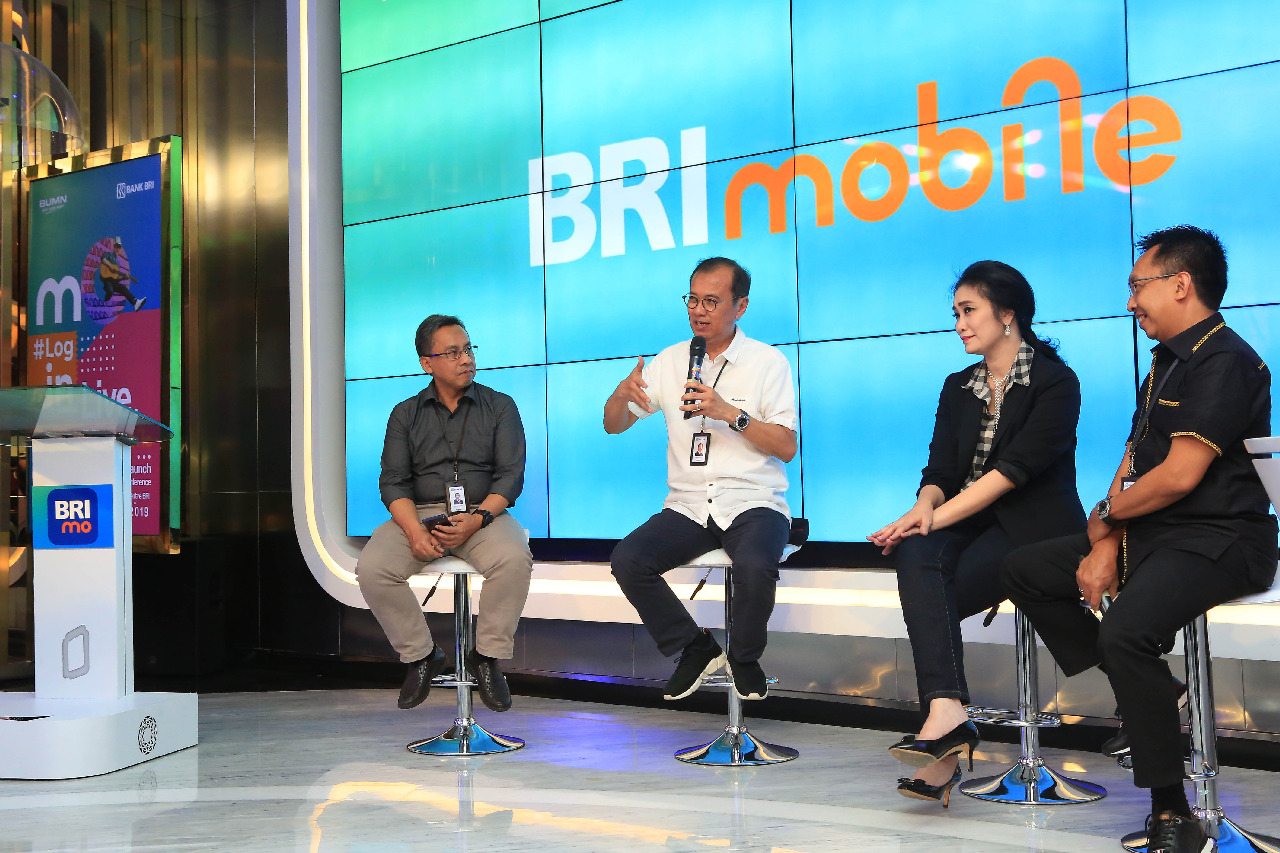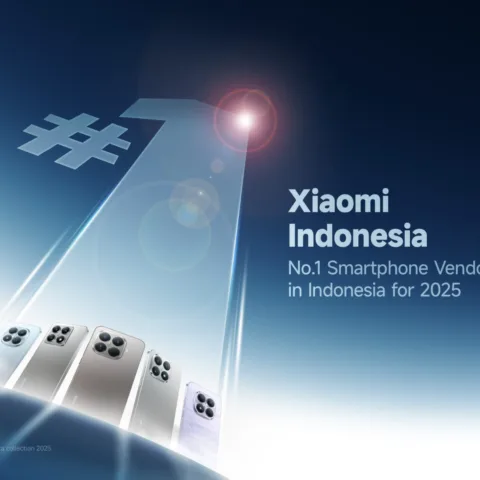
Despite the fact that Indonesia is one of most populated countries in the world, only 70 mill Indonesians possess at least one bank account, or only a quarter of the total number of the population. To stop or at least reduce the domination of the unbanked, the Bank of Indonesia has done a number of programmes, from branchless banking to mobile banking, to accommodate the citizens’ modern lifestyle.
According to a report by MEF, 80% of Indonesian respondents claimed to have utilized mobile banking (In 2013, the number was only 58%). They usually use the service to check their balance or do bank transfer.
Although it has yet surpassed the African nations, this figure is better than the average number that of other Asian countries, thanks to M-PESA’s popularity and success. While living in a mobile-first country, Indonesians are accustomed to adopt everything related to mobile. However, the worries are still there.
As the report stated, 32% of mobile users in Indonesia claimed that the biggest barrier to the utilization of mobile banking for financial transaction is trust. Similiar condition applies to e-commerce and mobile wallet services. This makes trust issue becomes a classical problem that needs to be solved.

Even though possessing a quite positive growth, mobile banking isn’t a panacea. Unlike unbanked, the underbanked term refers to a group of people who are exposed to financial activities already but prefer not to have any transaction with banking institutions.
Emphatic Marketing regarded mobile banking to be effective only to people in cities who are used to mingle with banking institutions, with mobile banking facilitating the process. Villagers, according to them, are not familiar to banking services from the very beginning. Emphatic Marketing invites practitioners of the industry to learn more about the habit of villagers and how financial institution, particularly banks, provide solution to their needs.











